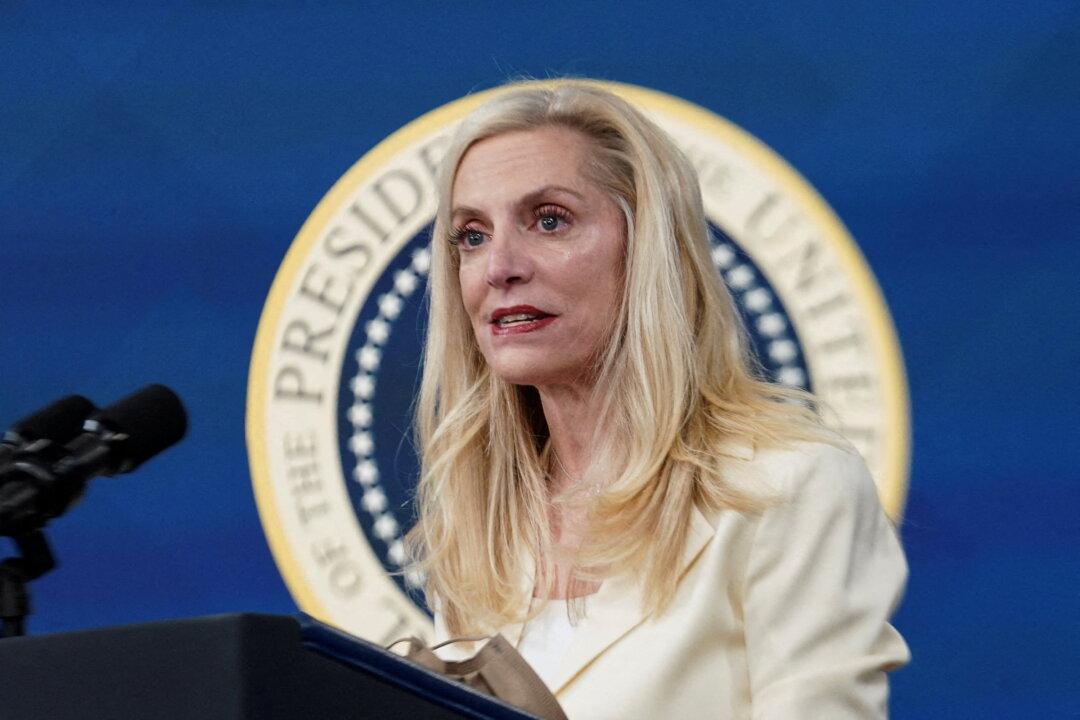A key aide to President Joe Biden said Sunday that American business leaders’ chief concern is not inflation or recession but the looming threat of a “catastrophic” government debt default.
Lael Brainard, director of the White House National Economic Council, told CBS' “Face the Nation” on Sunday that the country’s top business leaders have told her that their biggest concern is failure on the part of lawmakers on Capitol Hill to avert a default of the nation’s debt.





